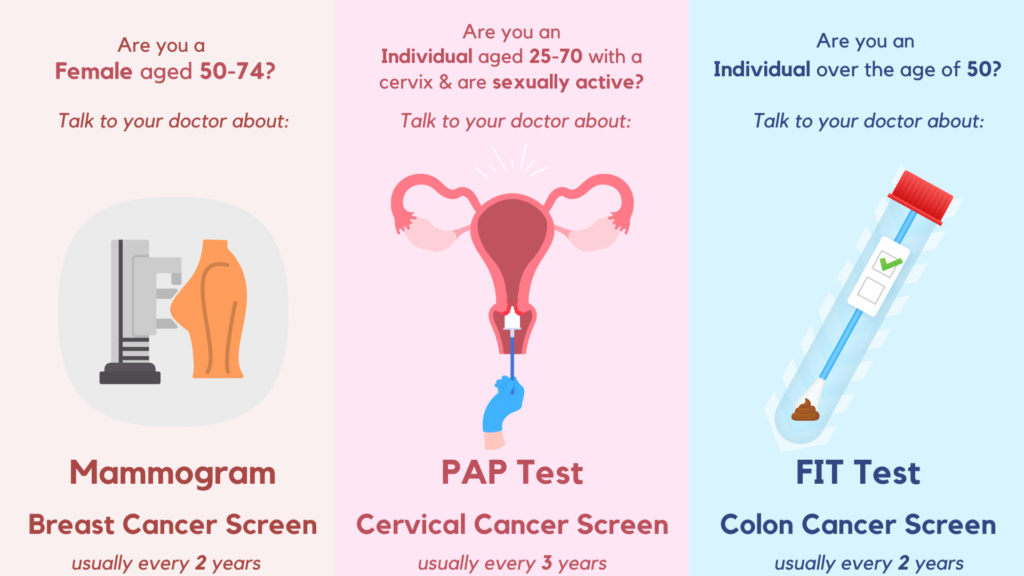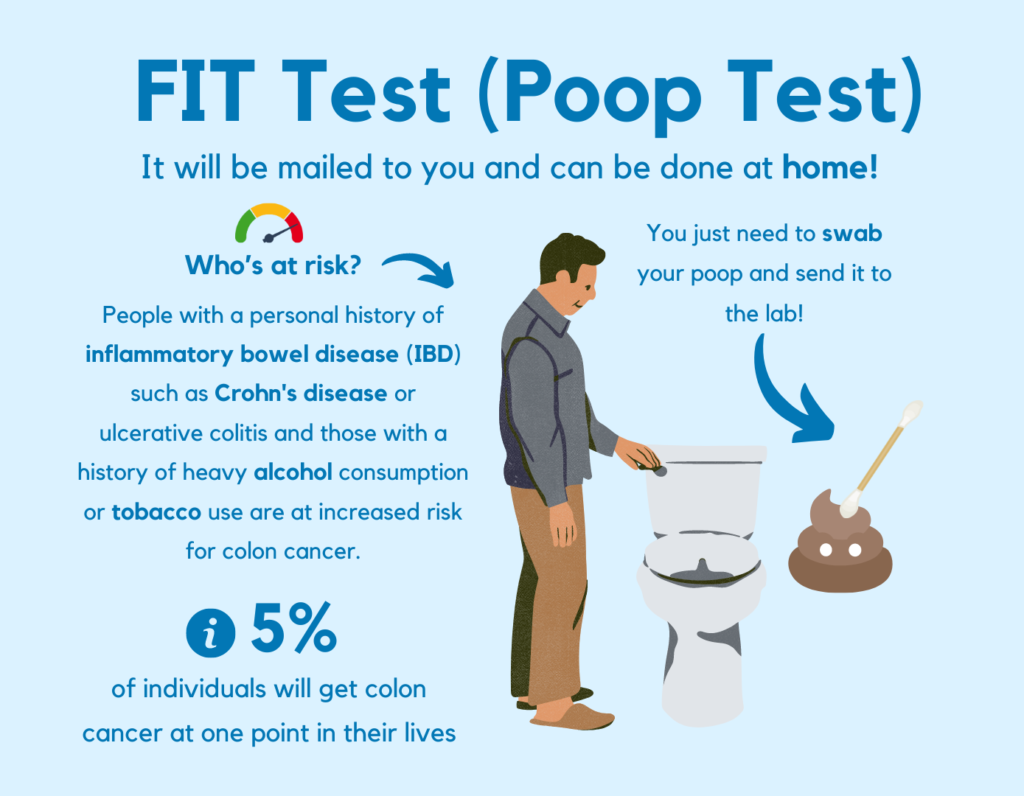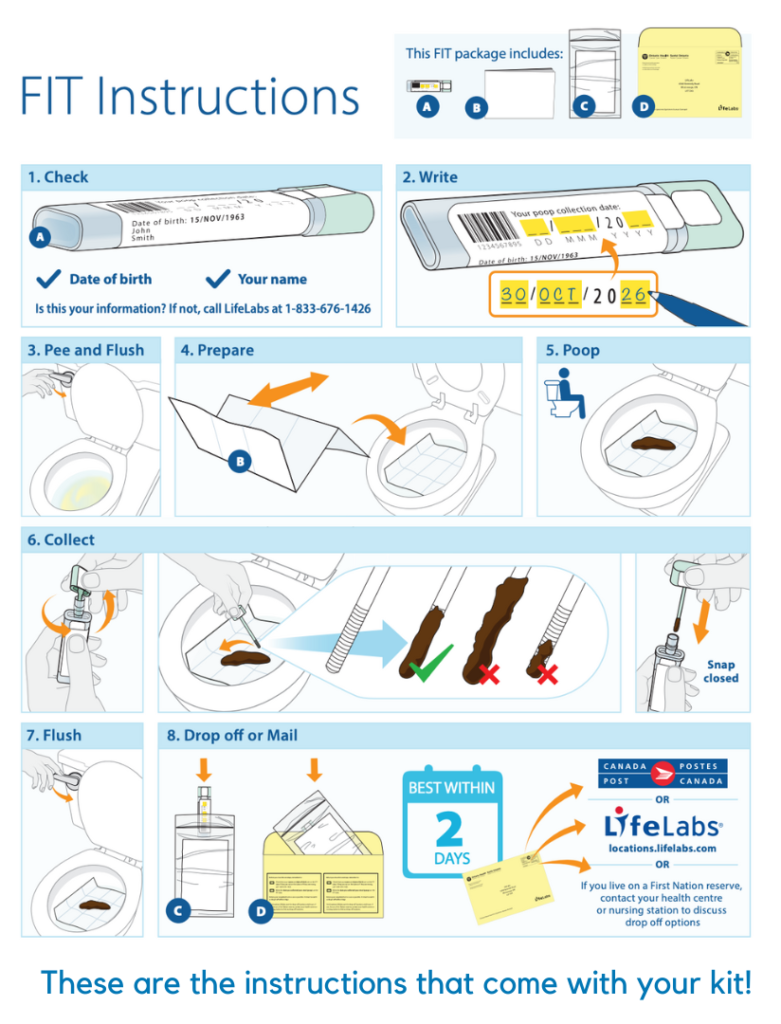
Our
Opening Hours
Monday9:00 am - 8:00 pm
Tuesday9:00 am - 8:00 pm
Wednesday9:00 am - 8:00 pm
Thursday9:00 am - 8:00 pm
Friday9:00 am - 5:00 pm
SaturdayClick Here
SundayAfter Hours Care
Lunch hour from 1pm to 2pm
After hours care, please call: 416-299-1460






